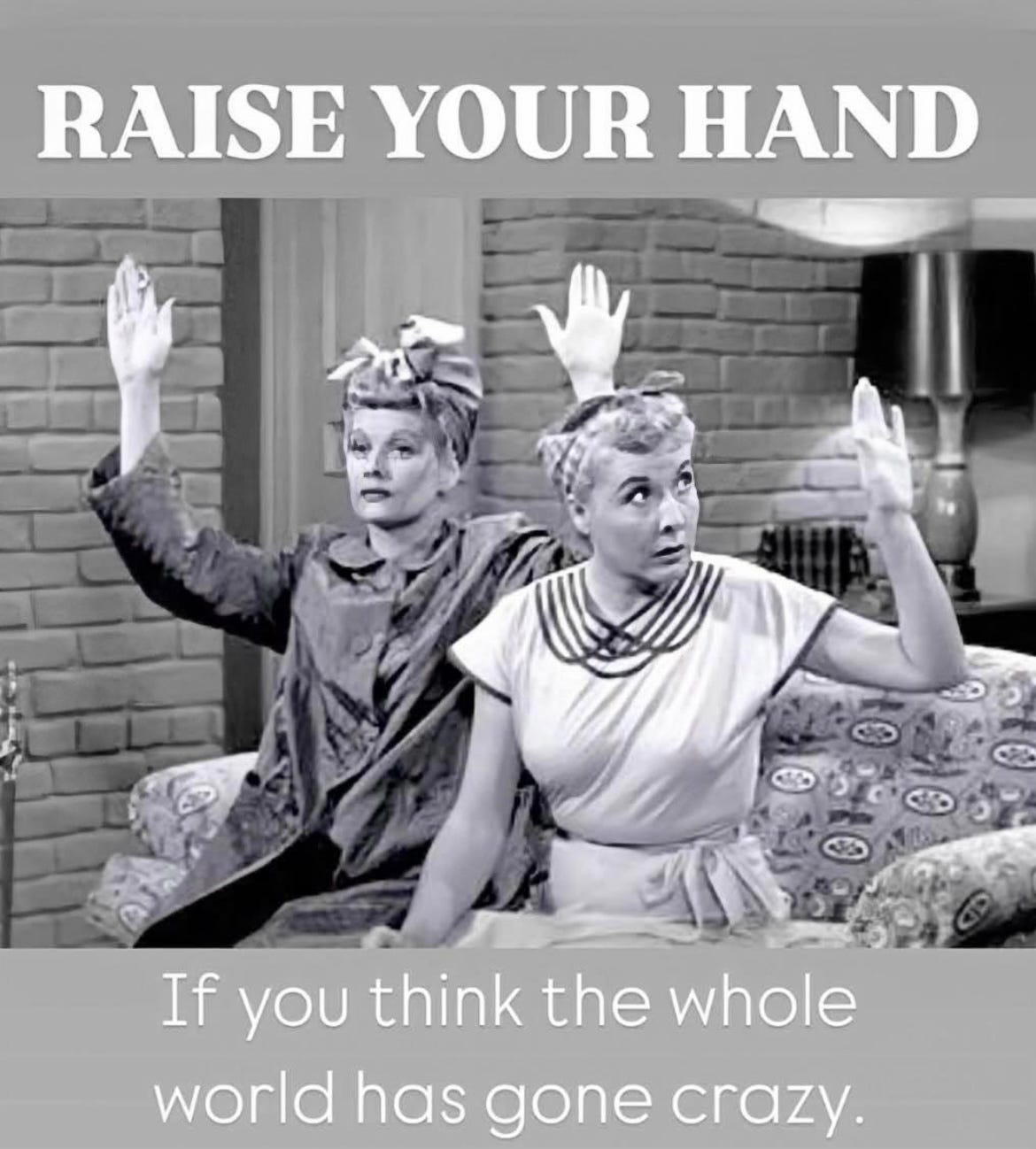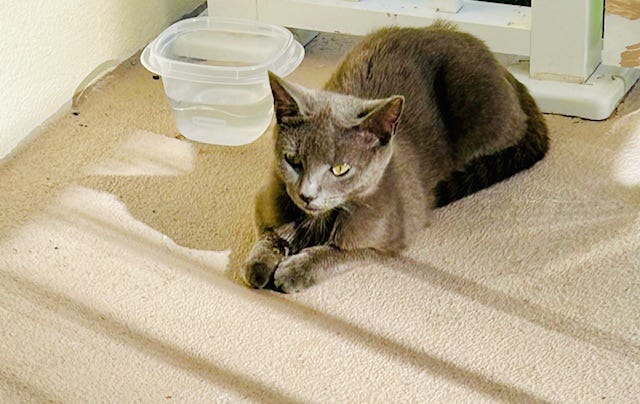What we do to the least among us speaks volumes about who we are at the core. It reveals the true contents of our seldom-seen inner chamber. So what’s in there, anyway? Priceless jewels arrayed on a velvet tray or a bubbling pit of malevolent sludge?
The answer’s easy to discern with a quick perusal of how you treat the lesser among you: those lacking self-esteem, financial brawn, the ability to speak. Pick a weakness and ask how you’ve historically responded when encountering someone at a ‘disadvantage.’ Do you burst the door down with guns drawn for an easy round of shrapnel-release, or do you offer empathy or reassurance in their myriad forms?
There are philosophical and Biblical quotes regarding how we react to the vulnerable, and at no time is this more crucial to be cognizant of than now – at least in my neck of the woods.
I’ve had to take a hiatus from watching the local news broadcast in my upstate New York region because of the alarming influx of animal abuse cases reported – sometimes on a daily basis. The stomach-turning crimes against captive, four-legged innocents range from neglect to harrowing acts of violence. Even a doggy daycare’s reputation recently went down in flames.
Something is terribly wrong, and it’s reaching a crescendo. Once upon a time, animal abuse stories surfaced a few times a year. Now, they’re in regular rotation. I suspect that my region is a microcosm of disturbing behavior that reflects the macro. Post-pandemic, and for all kinds of reasons, we’ve normalized the increasing promiscuity of anger and rage into commonplace verbal and physical acts of disrespect and aggression. Every time we cross a barrier of what was previously off limits, we plunge ourselves further into chaos as a culture.
It seems as though we’re existing in a powder keg of fury and outrage these days. Even with its uptick, anger tends to be frowned upon as a socially unacceptable emotion, frequently paved over with a conciliatory tone and an auto-smile. So how and where are we hiding it, and what happens when suppressed anger inevitably comes flying out? Often, we let it rip when we think no one’s looking. Or we assail a soft target, kidding ourselves that we’ll incur no repercussions. It’s an illusion that something done in secret or without consequence equates to a free pass. Nothing could be further from the truth.
Rather than provide relief to one’s frustrations, the viciousness opens the door to a never-ending behavior loop. And assuming the perpetrator has a conscience and isn’t a sociopath, there’s now the inconvenient matter of unacknowledged shame, which also gets shoved underground with the rest of the muck. All in a day’s work when we set our sights on something or someone at a disadvantage. Bullies and abusers pick the lowest hanging fruit. Every time.
The hierarchy of easiest-to-abuse is as follows:
Animals (they can’t name names - whatta’ bonus!)
Children
Individuals with special needs
Quiet, shy, sensitive types
Subordinates in a work environment
And that about covers it, since equals-or-greater aren’t even a blip on the possible-candidates radar
A boss having a bad day; a mean girl up to no good; a would-be tough guy on the school bus; or somebody so broken, they take pleasure in physically abusing defenseless animals or children are cut from the same disfigured cloth. Unfortunately, these horrible tendencies tend to be part of the human package (we’re a complicated species and wired for duality). Most of us have indulged in some degree of advantage-taking, and understandably, we’re loathe to admit it. But maybe it’s time to be more open about it. I’ve done it, as a recent essay bears witness. “The High Cost of Taking Savage Advantage” also happens to be my least-engaged-with Substack post, probably because of its close-to-the-bone candor.
Although I don’t have a cache of immediate solutions where the societal ills of animal abuse are concerned, how ‘bout we start by taking a beat. You don’t have to be on the brink of depravity to stop and take notice. The world is starved for not only immediate kindness, but the practice of keeping our ugliest demons in check. No gesture is too small. Count to 5. Donate clothing or furniture to a charity next time you declutter. Set a bowl of water on your porch for thirsty wildlife. Give a fellow driver trying to merge into traffic a break – we all know the drill. And either give your urge to wreak havoc with aggression a rest, or have the integrity to deposit your vitriol on who you are really angry at. Such a simple act of integrity – and it would solve half the world’s problems.
It’s become too easy to lash out, choose the low road, or rationalize a random act of mean-spiritedness. When barriers of respect are broken it normalizes and encourages base behavior. Flip through the headlines - we all know it’s everywhere. And it’s time to mitigate the tide.








It seems as though cruelty is becoming the norm in our society. I hope and pray a that the tides turn.🙏 Each of us needs to be practicing radical kindness.
I have noticed an increase in outrageous, cluster b personality types and abusive types since the Pandemic. I remember joking with someone that sheltering in place was going to be difficult for those types since they need an audience for their wickedness. Solitude and self-reflection are not the narcissists and psychopath's strong point. I keep my social circle small and practice discernment. On another note, I used to be friends (albeit briefly) with the doggy day care woman. Lots of issues there and I have considered writing about it on my substack. It is all so very disturbing.